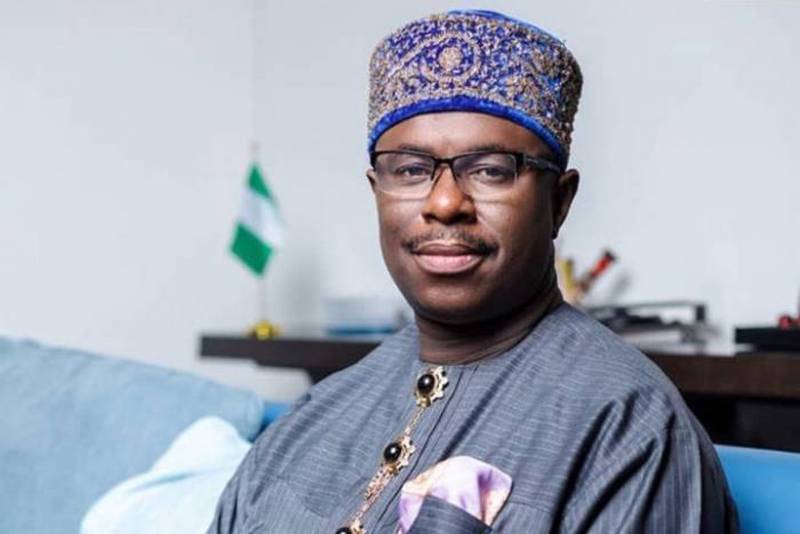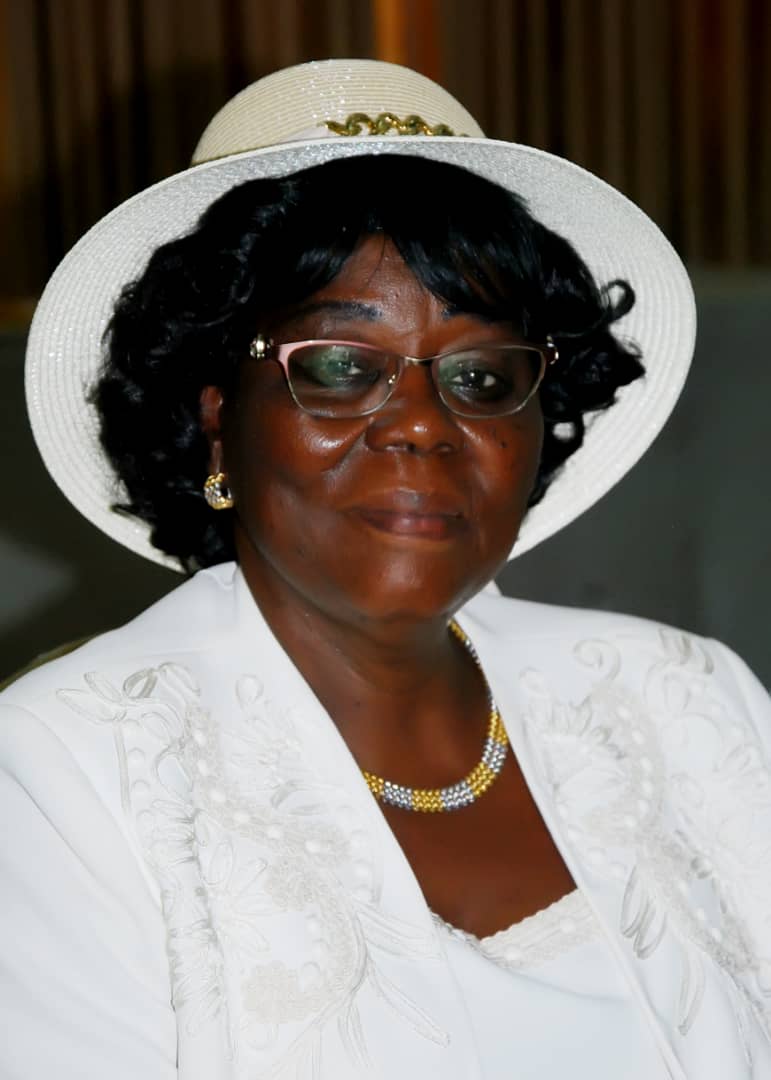The road to 2023, By Dan Agbese
Email: [email protected]
SMS: 08055001912
In the normal course of human progress and development, the forthcoming 2023 general elections ought to be our finest moments so far. In assessing our journey towards 2023, some valid assumptions based on evidence must be made to serve as our milestones. We have 23 years of democracy under our belt. We have made good progress in the never-ending journey of democracy as a work in progress. Civilian leaders have supervised the conduct of seven general elections.
With their ballot paper, the ordinary citizens of this country have arguably effected personnel changes in Aso Rock, the state government houses as well as the national and state legislatures. We did not get it right all the time, but we moved on. We made mistakes; we learnt from them, and we applied the lessons in the management of our electoral process and elections and thus deepened our democracy.
We imbibed some of the nuances of this popular but difficult form of government. Our new electoral act has radically given the power denied them back to both the ballot box and the ballot paper. Under the watch of the current INEC chairman, Professor Mahmood Yakubu, we have largely reformed our electoral system and positioned the country to conduct free, fair, and credible elections that enjoy the respect of the local and international communities. Each citizen’s vote in every election now counts.
No mean achievements for a country known globally as the poster child in election rigging, leading sometimes to violence and even death. We should be sauntering along the boulevard of democracy, happy that our past is past, and the present shows the promises of a greater future in the management and the watering of the rose bushes of democracy.
I thought we had cut a new image for our electoral system and our elections and are on a roll. It should come as no small shock that despite this level of progress, the politicians seem determined to rubbish their own decidedly patchy records. Every election season in our country is a source of local and global worry for our country and us. Our politicians are stuck in their old ways of capturing or stealing power rather than winning it in a fair and free contest. They have dusted their old tricks and devised new ways, such as place holders, to fence out the unwanted in their ranks and bend the will of the people to their unholy causes.
The road to political power remains long and torturous. The apparent inability of the political parties to get their acts together to prepare them to fully participate in the elections is evidence that with nothing being certain in politics, it is naïve to take anything for granted. The operative word is fear, the fear of losing power by those who hold it and enjoy certain advantages, and the fear of being unable to make a grab at it by those who seek it. Life, with its shenanigans, makes a fool of all of. It is not strange, therefore, that the politicians are essentially driven by the consuming fear of losing power and watching their dreams turn into nightmares in broad day light.
The chief of defence staff, General Lucky Irabor, a soldier’s soldier, recently said that the military were under pressure to compromise the 2023 general elections. His diplomatic language simply means that those bringing pressure to bear on the armed forces want them to scuttle the elections and put the lid back on our democracy. Unholy. We may have heard this from our highest-ranking military leader, but this has always been part of the game resorted to by some politicians driven by either the fear of losing power or the fear of being permanently fenced out of it. It should worry us all the same that some of our politicians still choose to be dogs in the manger and would rather make the military compromise our elections than enhance it. Pox on them.
There is no pretending about the fact that the 2023 general elections confront the nation with some peculiar challenges absent in past general elections. Barring a miracle, they will be shadowed by insecurity. Banditry and kidnapping cases are on a steady rise in the country. They darken the shadow over the elections. The attacks on INEC offices in Imo and other states of the federation are also very bad news for the nation. They are part of a larger diabolical effort to compromise the elections and deny the people their constitutional right to elect men and women of their choice to represent them in the executive and the legislative branches of government.
This is no mean challenge for our nation, our political leaders, and the people. There is urgent need for President Buhari to take determined and focused steps to dissipate this dark cloud before we go to the polls next year. He has repeatedly spoken of free and fair elections. This is the time for him to chart the path towards that desirable objective. He must end the reign of bandits and kidnappers. Their audacity is no credit to his administration and its capacity to make our nation safe for all its law-abiding citizens.
President Jonathan once told the then US president, Barack Obama, to fix Africa by first of all fixing Nigeria. Buhari must now show that he has the will, the passion, and the patriotic zeal to fix our country and save its democracy from becoming a children’s game in the hands of his fellow politicians.
The crass manipulation of religion has been thrust upon us as never before in our political history as it relates to our elections. Religion has been and remains one of our major fault lines. There is no denying that there has always been a silent contest between Christianity and Islam in the allocation of political power as well as our national resources. Ahmed Bola Tinubu’s choice of a Muslim as his running mate has, to borrow from a poet, given a local habitation to this silent but vicious exploitation of this dangerous fault line. The argument is that in a multi-religious nation such as ours, an equal or near equal representation of the two dominant religious in the leadership of the country makes for a peaceful country in which no religious interests are served at the expense of another. This, of course, borders on plausible fiction.
There is some sense in it but the logic of it seems rather warped to me. Religion is a powerful instrument for political domination and oppression in every country that drags it across the path of its progress and development. It is often dirty. A Christian vice-president to a Muslim president will, arguably, protect the interests of his religion and vice-versa. But our constitution does not oblige us to elect a cardinal and an imam to legitimise our government. It obliges us to elect a pair of good and competent men as president and vice-president to help radically make a great nation out of a potentially great nation.
Religious manipulation serves vested political and economic interests but those who choose to employ it to serve those interests must know that they are riding on the back of the tiger. They are doing our country no good. A nation polarised by religious differences sits on a keg of gun powder. Our religious irredentists might wish to pause in their drive and give some serious thoughts to the danger to which they subject this nation. Lebanon, once the jewel of peace and harmony in the Middle East, has been destroyed by the crass manipulation of religions. It provides enough lessons for a country like Nigeria. We must pull back from the brink.
I may be ignorant about this but so far, I have seen no evidence that a Christian vice-president can influence a Muslim president in the interest of his religion. I would be surprised to know that Vice-President Yemi Osinbajo accepted that the one-sided appointments by Buhari serve the interests of Christians.
The manipulation of religion in our country has a long and ugly history but it seems to me that it cannot be cured by the religious balancing act at the top. It will be cured if and only when Nigerians commit to electing good and competent men to run the affairs of their country, no matter what deity they worship.



